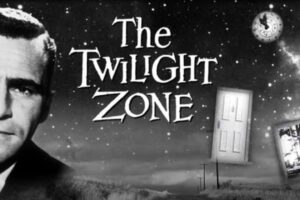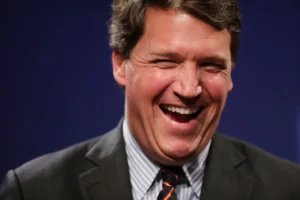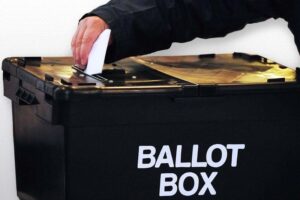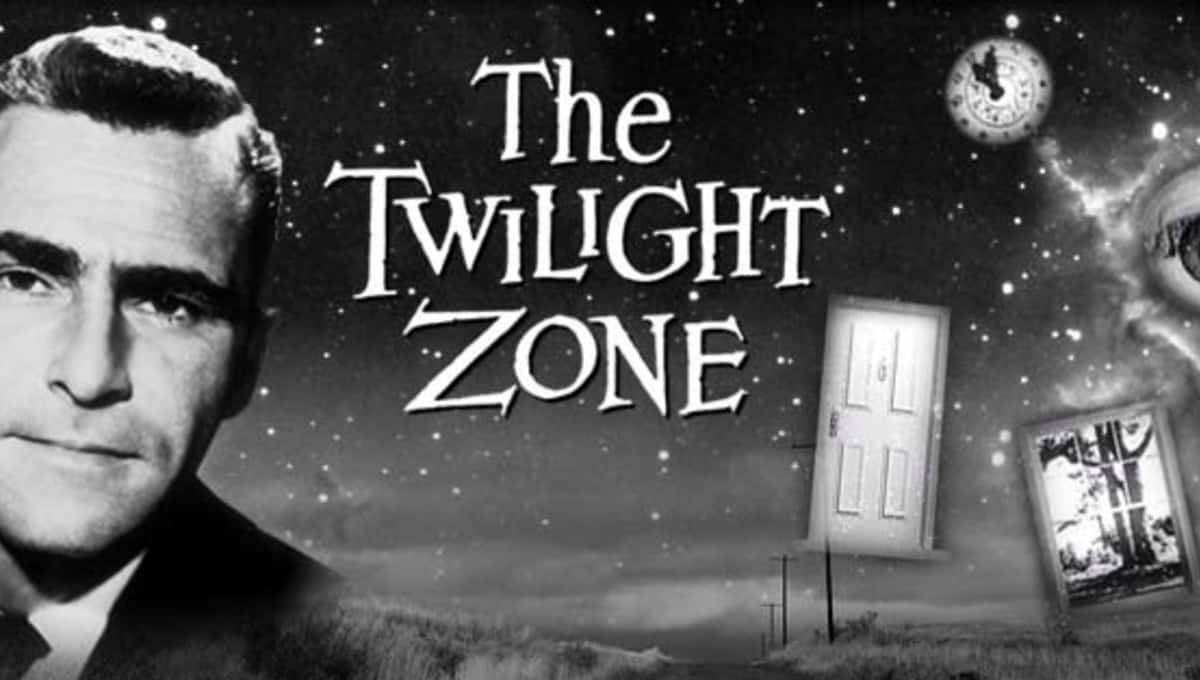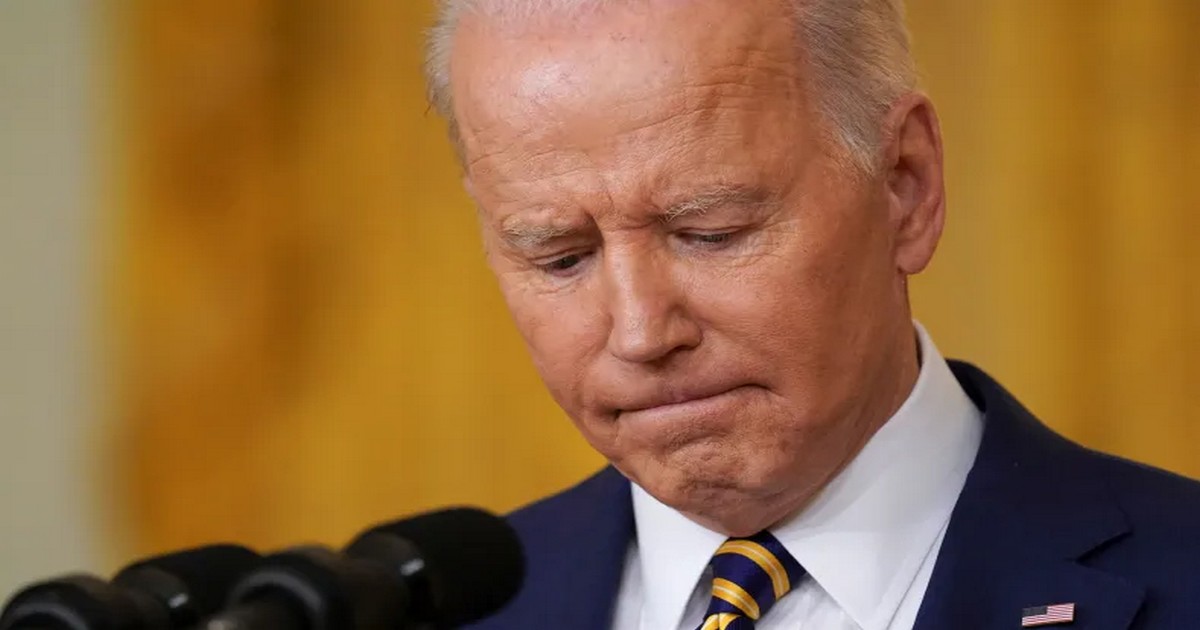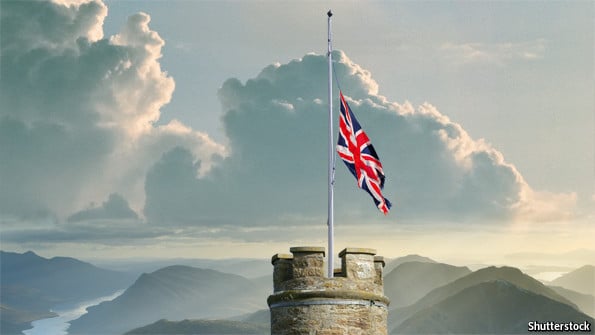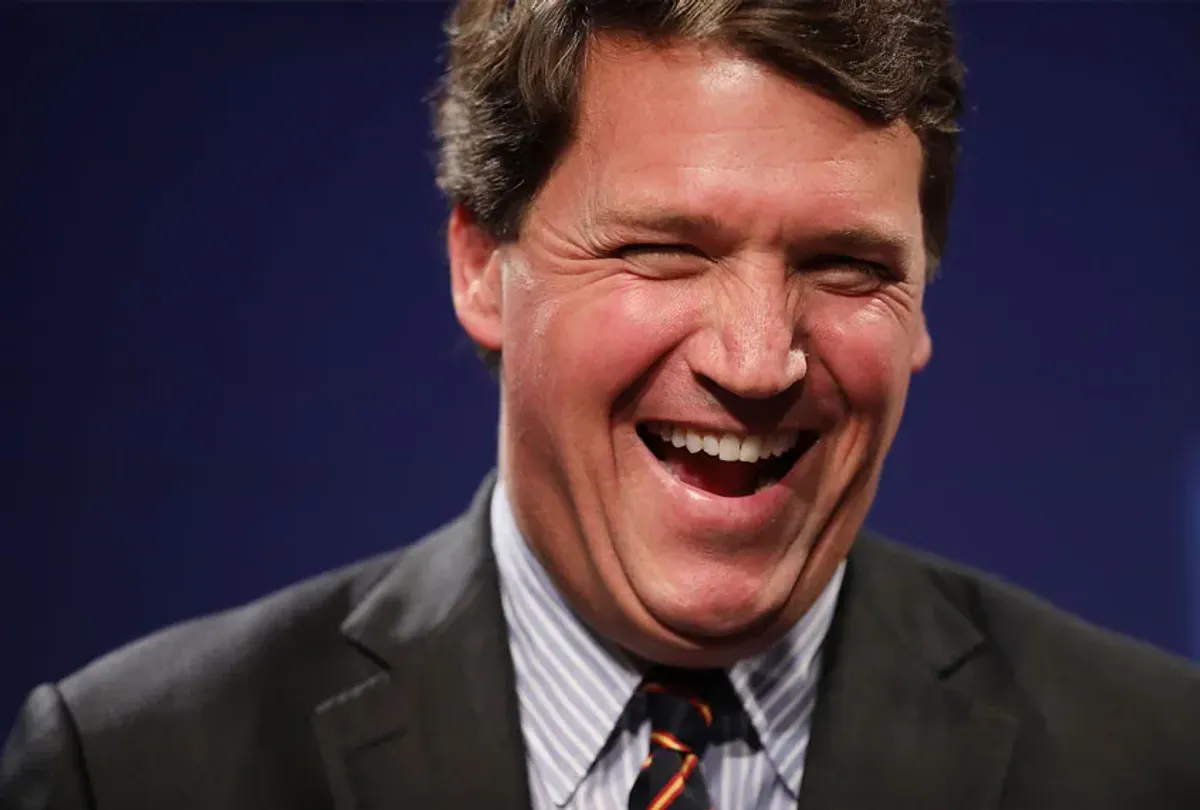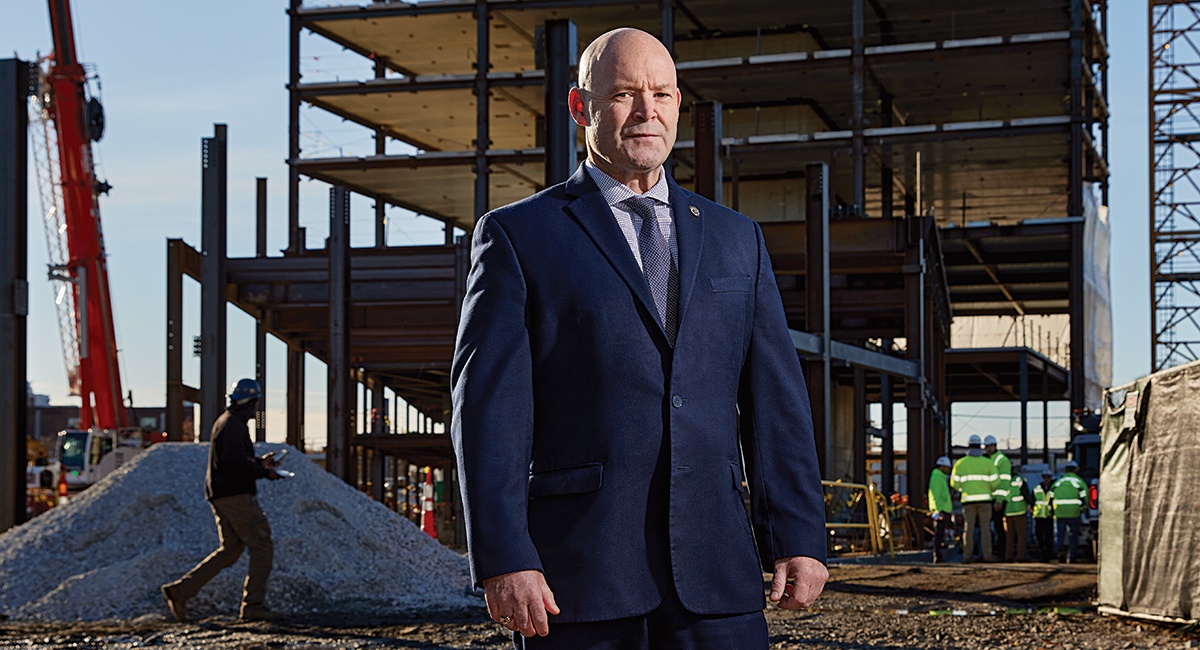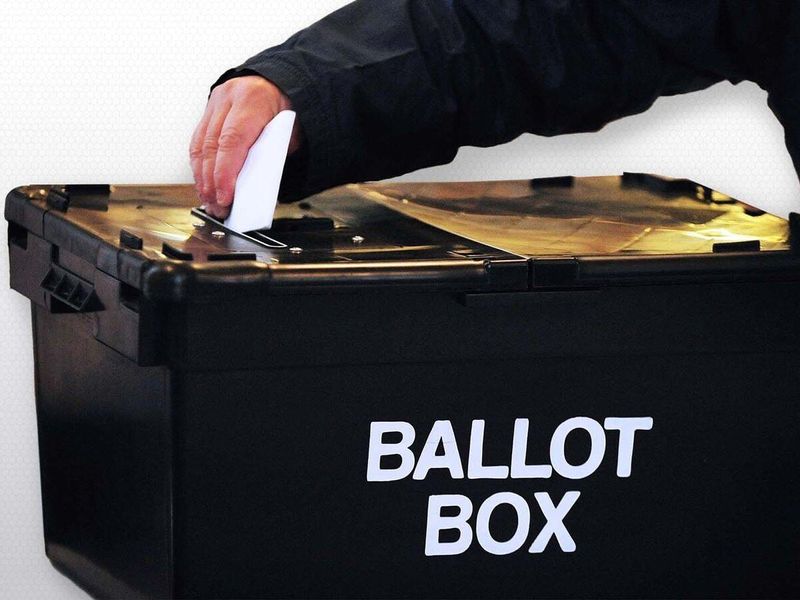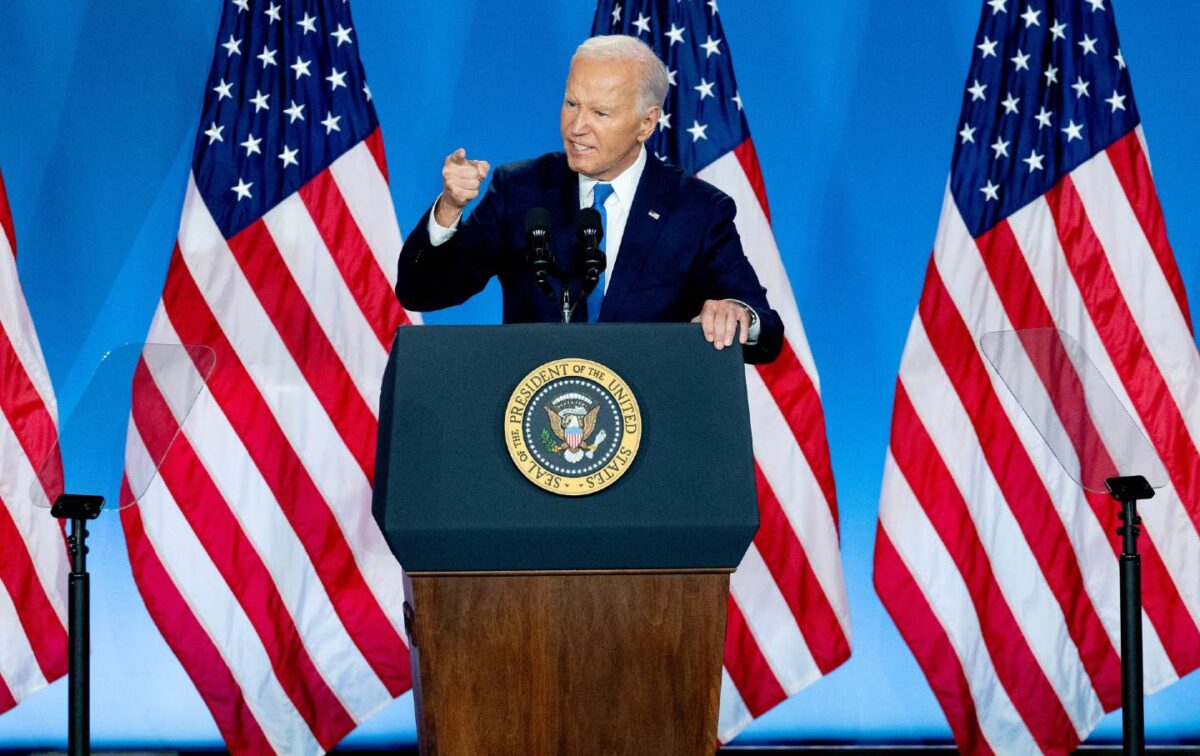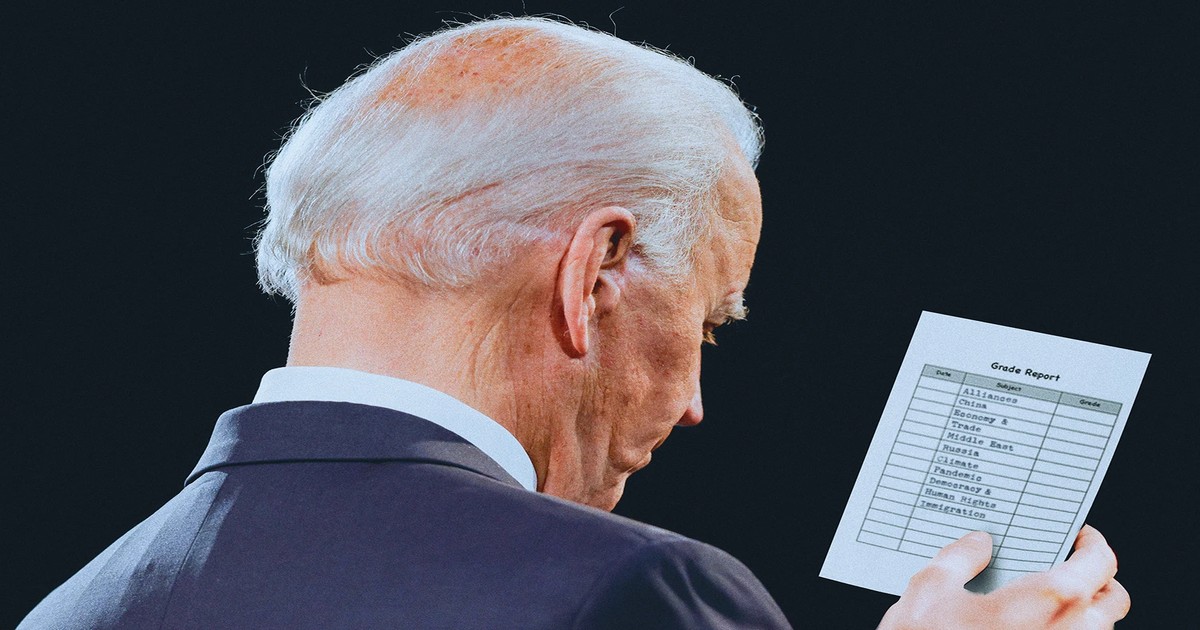Back in the 1990s, I recall watching a comedy sketch by the fantastic Jasper Carrott, in which he recalled growing up in Birmingham during the ‘Swinging Sixties’. His opinion was that if you remembered just how ‘great’ and ‘swinging’ the Sixties were, you were never really there. It was probably fantastic if you were growing up in London during that period – with Carnaby Street and King’s Road, Savile Row and Soho, the original HMV and the Middle Earth Club. However, if you happened to be raised in the dreary industrial Midlands or most other places in the UK, it was distinctly anti-climactic. “I saw bugger all in Acock’s Green!”, said Carrott wryly.
It occurs to me there is a similar attitude taking place with regard to proposals for renationalising the UK’s railways. It’s Labour’s new buzz policy as it almost inevitably prepares to sweep a faux, treacherous, unpatriotic, globalist and deeply disappointing Conservative party from office. The fact Labour will be as bad, if not worse, than this current shower hasn’t made much collective impact on a population that appears to have all the memory capacity of a Commodore VIC-20. There seems to be a feeling that nationalisation is the panacea to all this country’s numerous poor performing organisations. And why not? The NHS, the HMRC, Caledonian Maritime Assets and the National Highways Agency are all operating with super efficiency, an absence of waste and high rates of customer satisfaction….at least in a a parallel universe.
Of all the privatisations that have taken place since the 1980s, I believe the only one that should have been kept in the state’s hands is water. One of the reasons privatised water has been such a disaster is because the model of its creation has been the very antithesis of what privatisation should be about: monopolies and monopsonies. If there is no competition, it’s not really a true privatisation in the first place. Yes, we have expensive railways and the nature of some of the franchising structures in the early days of rail privatisation were an absolute shambles. Today, nationalisation has become seemingly attractive to people because the system doesn’t appear to be working very well at the moment.
Rail fares are high because governments (including Blair’s Labour administration) wanted to shift the cost of maintaining the railways to rail users, rather than the taxpayer. Also, general costs continue to rise because many tracks are really old and slow, and the are increasingly more delays (not as many as before privatisation though). This is because our railway network is comparatively old when viewed against those in other major advanced economies, and the tracks are in dire need of upgrading. This isn’t the fault of the privately-owned operators, who are not in charge of infrastructure. Who is in charge? The state-owned Network Rail is, that’s who!
People love to complain about the operators making profits, but only a very small percentage of rail fares goes to the rail company profits. In fact it’s less than 5%! Unlike millions who are currently chirping away about those halcyon days of British Rail, I AM actually old enough to remember what travelling on the old BR system was like. We had a decrepit system, dirty trains and lousy food. Don’t let anyone tell you otherwise. A ‘meal’ from a buffet car on an InterCity service consisted of dry, curly-edged sandwiches, a lukewarm beefburger or, on the High Speed 125, you could buy – for the princely sum of £1 -a ‘hot sausage’. This consisted of a two-inch banger drizzled in copious amount of tomato ketchup, housed in a small plastic dish. Wow, that’s real Gordon Ramsay cuisine right there!
I am not saying all aspects of rail privatisation have been done with faultless efficiency. But what almost thirty years of train services in corporate hands have given us is, by average age, one of the most modern fleets in Europe as well as one of the safest rail networks on the continent (https://www.globalrailwayreview.com/news/84183/britain-railways-safest-europe/). The current shenanigans with selfish striking train crews may not be the most ideal situation in which to travel around Britain but ask yourself this: Would things be really any better in industrial relations under a nationalised scheme run by a Labour government whose party funding comes with strings attached by those very same union barons? I do not want to return to the days of curly sandwiches, and neither do I wish to return to the days of unions holding a government to ransom.
When I am informed that nationalisation is popular with the British public according to polls, it prompts me to ask how the polls are framed?; what experience many of the respondents have with the previous incarnation of British Rail?; and what hard evidence have they been given to back up their assertion that all will be better in the government’s hands? For I suspect the knowledge will be little and the previous experiences even less (nobody under the age of 35 in the UK has any idea of what it was like under a fully-nationalised rail service). All we have from polls is a snapshot in time, on an issue few know the intricacies of. And it is with this poor basis for proceeding that an incoming Labour government, whose parliamentarians will suffer from the same nationalised sickness due to owing their seats to the ‘nationalised party machines’ rather than the free-market independent selection committees, that we could go backwards on our railways instead of forwards. Do you know who British Rail chose to front their adverts for rail travel back in the early 1980s? Jimmy Savile!! What does that tell you? A fitting monstrosity of a man to promote a monstrosity of a rail service. On so many things, I would turn the clock back to the 1980s in a heartbeat. Nostalgia for 1980s British Rail is, unsurprisingly, absent from that time-travelling wish list.
Andy Mac is on holiday in California for the next few weeks. He returns to this site on the last weekend in May.
Views: 107



